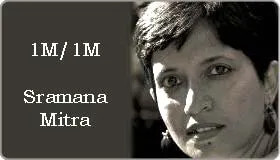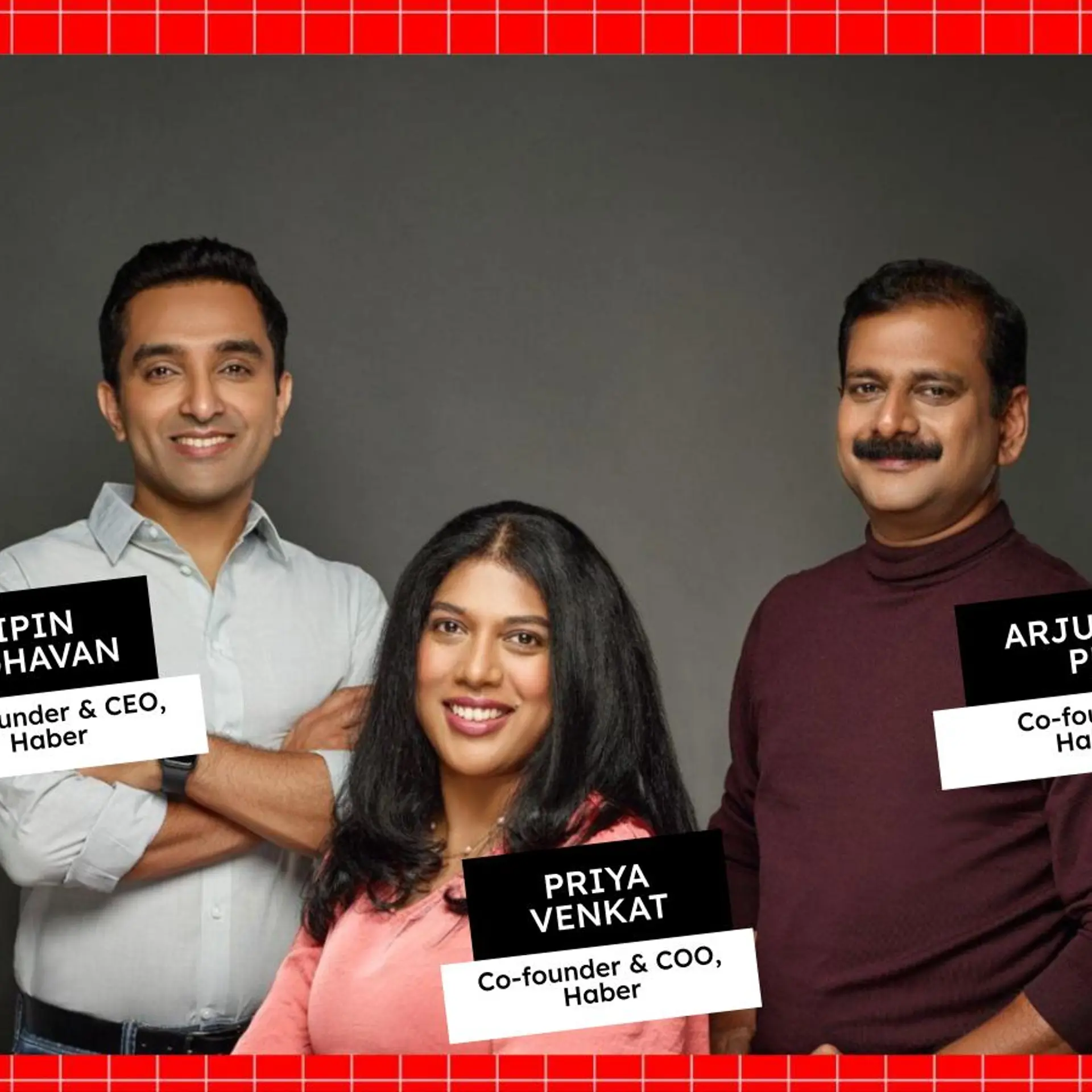1M/1M Roundtable For Entrepreneurs: A Rare Women-Only Session

Today’s roundtable was a women-only affair, with WITI (Women In Technology International)San Diego entrepreneurs leading the way.But before we dive into the pitches, let me point you to the opportunity with BlueSnap and Elance, which are awarding 12 1M/1M scholarships to digital commerce and subscription businesses. Deadline for applications is May 11.
Hera Hub
First, Felena Hanson from San Diego, CA, pitched Hera Hub, a co-working space in the San Diego area that has 140 women working together in what she calls a ‘spa-like’ environment. Many of these women are freelancers, solopreneurs, writers, etc., and enjoy the community that Hera Hub has created. Felena will be launching two more hubs inSan Diego and then wants to franchise the concept in other cities.
The discussion led us to some of our experiments in combining physical incubators with the 1M/1M virtual incubator program to substantially enhance the effectiveness of the incubatees at the physical locations. The logic applies to Hera Hub and other co-working facilities as well.
With the distinct trend of solopreneurs and freelancers operating out of home or out of collocation facilities, essentially, many of these facilities can, with just a simple affiliate partnership with 1M/1M, become ‘incubators’ with a higher order value proposition than just co-working space. Facilities such as Hera Hub can even host weekly meetups around the FREE 1M/1M roundtables, as well as get corporate partners to sponsor scholarships to the 1M/1M premium program just like the BlueSnap-Elance one above.
TripLark
Then, Anjali Cameron also from San Diego, CA, pitched TripLark, a content site for travel planning that assumes that travelers would contribute curated itineraries and travel plans for fellow travelers. Anjali started with a couple of assumptions: (a) her business model is advertising (b) her goal is to raise angel financing. Well, neither is a correct assumption. Advertising as a business model for small content sites is not an adequate strategy to build a sustainable business. And Angels do not fund businesses unless a rather large market opportunity is in sight, which TripLark doesn’t yet represent.
On the flipside, Anjali can start testing other revenue models, bootstrap her business and keep in mind that very lucrative businesses can be built with zero outside capital. My favorite recent case study is FineArtAmerica.com that is doing $5M with three employees and a large portion of their business functions and team outsourced or fulfilled by freelancers.
Predictably Well
Next, again from San Diego, CA, Juliet Oberding pitched Predictably Well, a mobile app for predicting flares in allergies and autoimmune diseases. Juliet has identified an interesting problem domain but has her work cut out for her in terms of determining how to solve the problem. How, for example, would she get customers to share data if she isn’t able to deliver on the value proposition until millions of users input data? In a world of instant gratification, it would be impossible to hold on to the folks who download the app and then don’t see any value in using it.
DonationMatch
Then, Renée Zau from San Diego, CA, pitched DonationMatch, an exchange for matching in-kind donations from businesses such as restaurants, hotels, spas, etc., with non-profits who auction off such products for fund-raising purposes.
Renée, by the way, is doing this company with her boyfriend, and I shared with her the trend that couples are doing business together often these days. My recent Love and Startups post offers several examples.
ZipDial
Last, Valerie Wagoner from Bangalore, India, pitched ZipDial, an interesting call-to-action marketing service that is already used by several large brands in India, including Kingfisher, P&G, etc. Essentially, a brand may use a ZipDial number as a call-to-action in an advertisement, and consumers just need to call that number once and hang up. The platform picks up the ‘missed call’ and develops leads for the brand. The business model is a combination of subscription fee and success fee based on leads generated. Apparently, the customers are seeing serious lift in their lead generation.
Valerie’s questions were largely around segmentation and focus. Eighty percent of the revenue for this company is coming from enterprises, and there is no evident sales cycle advantage in the low end of the market. It therefore is a no-brainer to just stay focused primarily on enterprise customers in the short term at least. Valerie needs to do some bottom-up TAM analysis to see how far this strategy can take her.
She also asked questions around exit strategy and presented Google, Facebook, and Amazon as her options. My assessment is that it is a very simplistic view of the world and of what is happening in the startup eco-system right now. Each of those companies has numerous options for acquisition. ZipDial doesn’t seem to be a core area for any of them. However, there are many online and mobile marketing companies that could acquire ZipDial. Valerie’s strategic planning work needs to become a great deal more sophisticated.
You can listen to the recording of this roundtable here.
As always, I would very much like to hear about your business, so let me invite you to come and pitch at one of our free 1M/1M public roundtables. We will be holding future roundtables on:
Thursday, May 3, 8 a.m. PDT, Register Here.
Thursday, May 10, 8 a.m. PDT, Register Here.
Thursday, May 31, 8 a.m. PDT, Register Here.
If you want a deeper relationship with me, you are very welcome to join the 1M/1M premium program. If you have any questions about the program, please, first study the website, especially What to expect from the 1M/1M premium program and the FAQs. If you have additional questions, please email me, and I would be very happy to respond. Please note that I work exclusively with 1M/1M entrepreneurs.
I also invite you to join the 1M/1M mailing list for the ease and convenience of getting updates. This way we can stay in touch, and it will help you to decide if 1M/1M is a program for you.
Sramana Mitra is the founder of the One Million by One Million (1M/1M) initiative, an educational, business development and incubation program that aims to help one million entrepreneurs globally to reach $1 million in revenue and beyond. She is a Silicon Valley entrepreneur and strategy consultant, she writes the blog Sramana Mitra On Strategy, and is author of the Entrepreneur Journeys book series and Vision India 2020. From 2008 to 2010, Mitra was a columnist for Forbes. As an entrepreneur CEO, she ran three companies: DAIS, Intarka, and Uuma. Sramana has a master’s degree in electrical engineering and computer science from the Massachusetts Institute of Technology.







